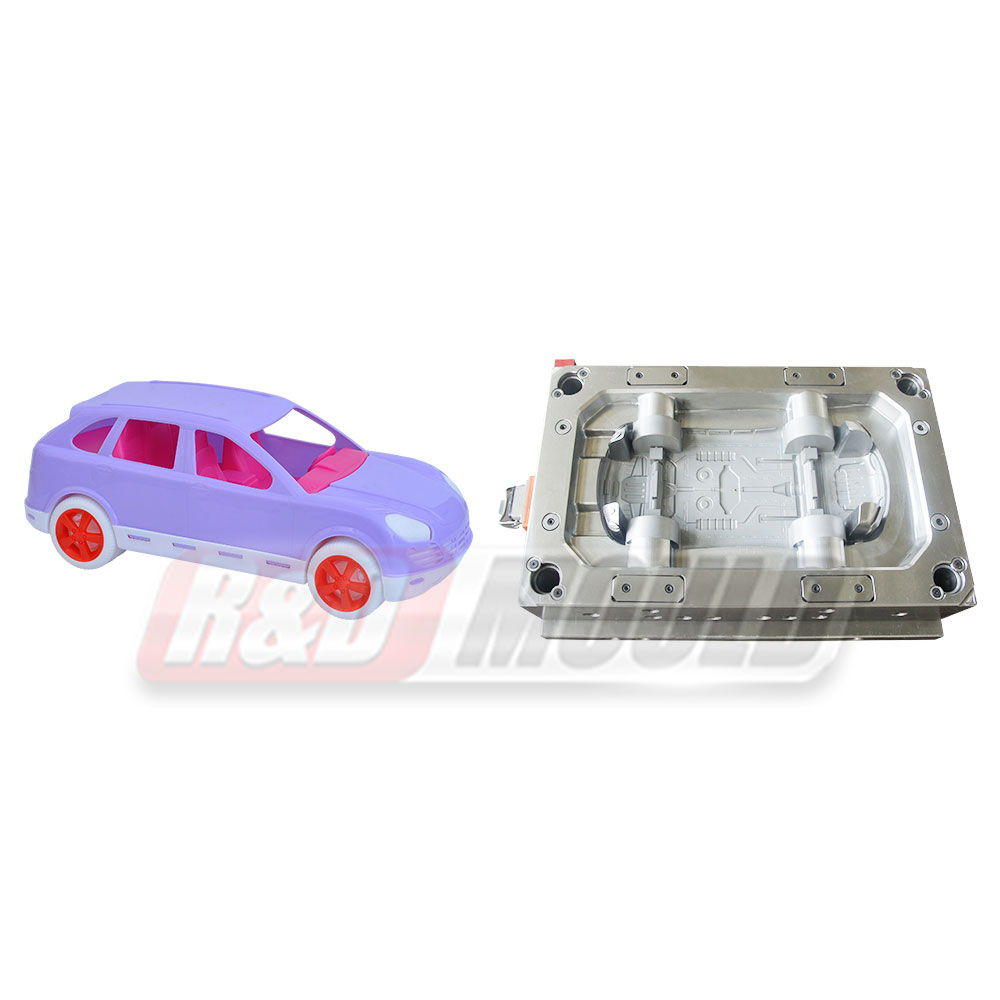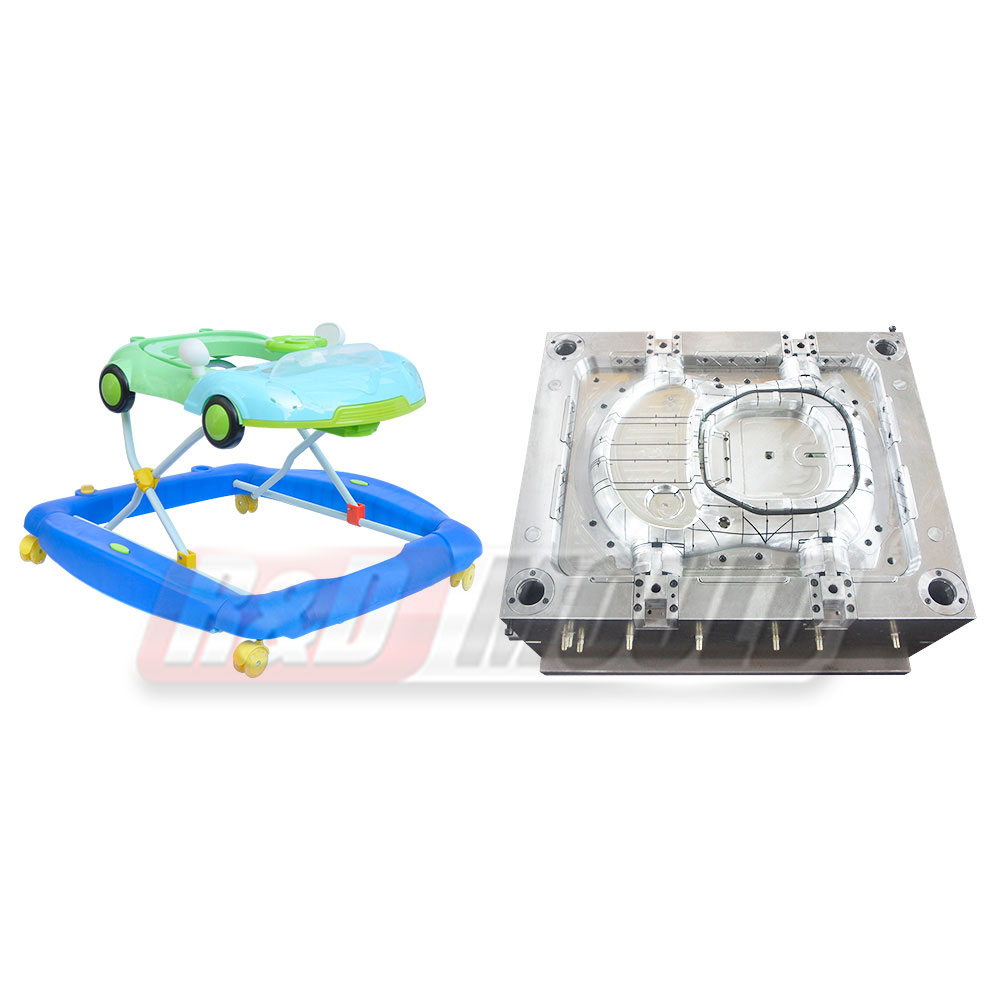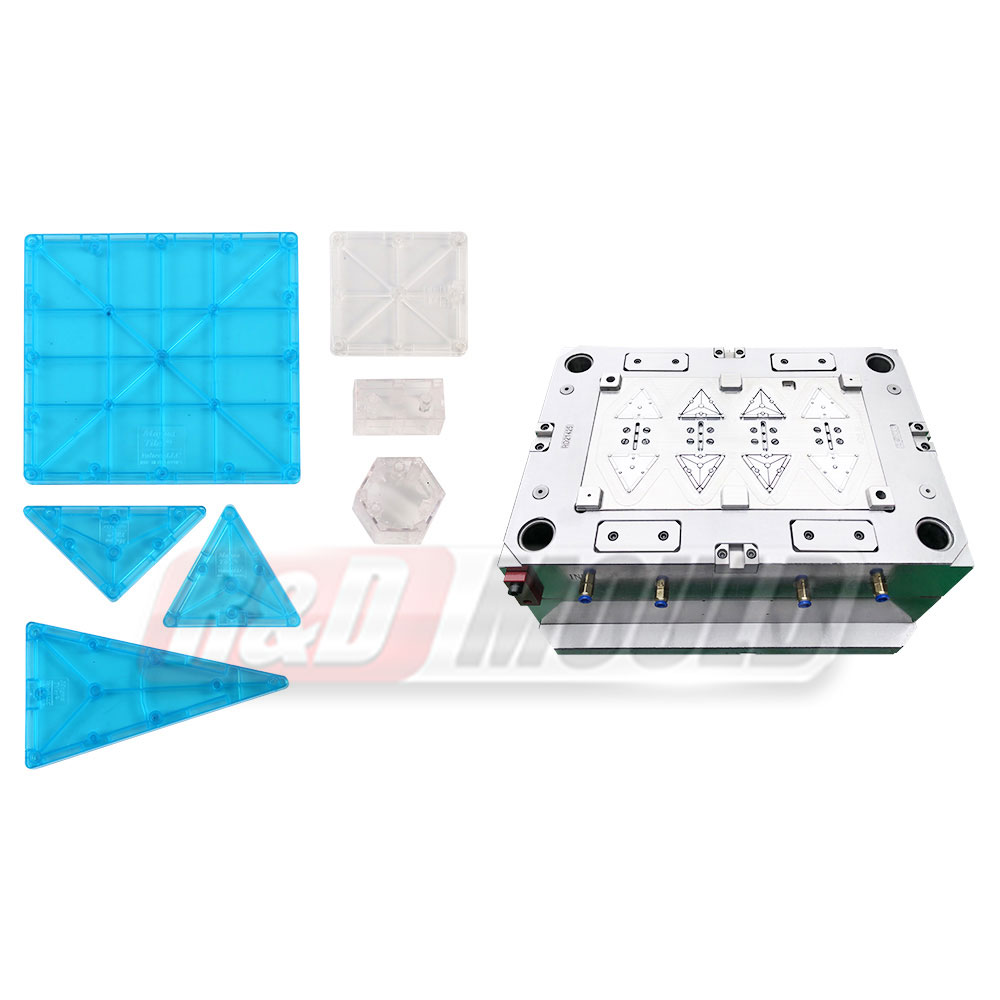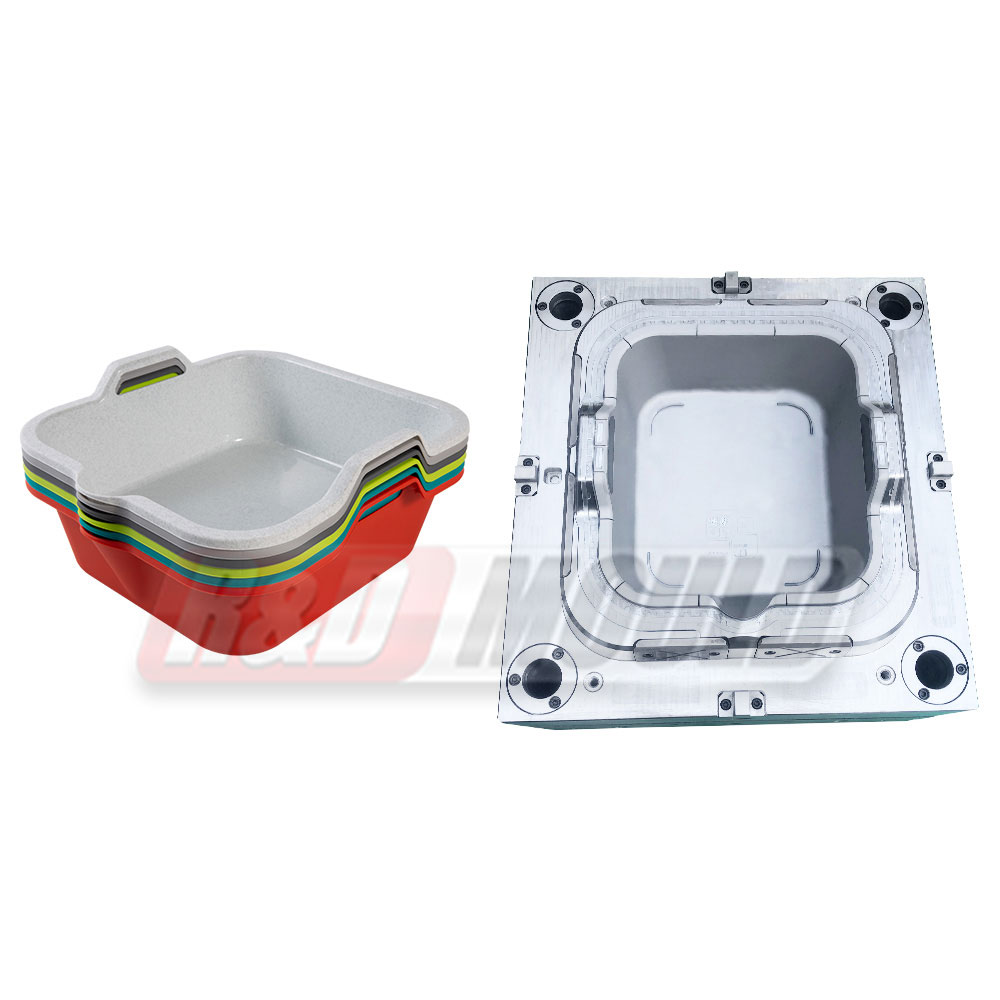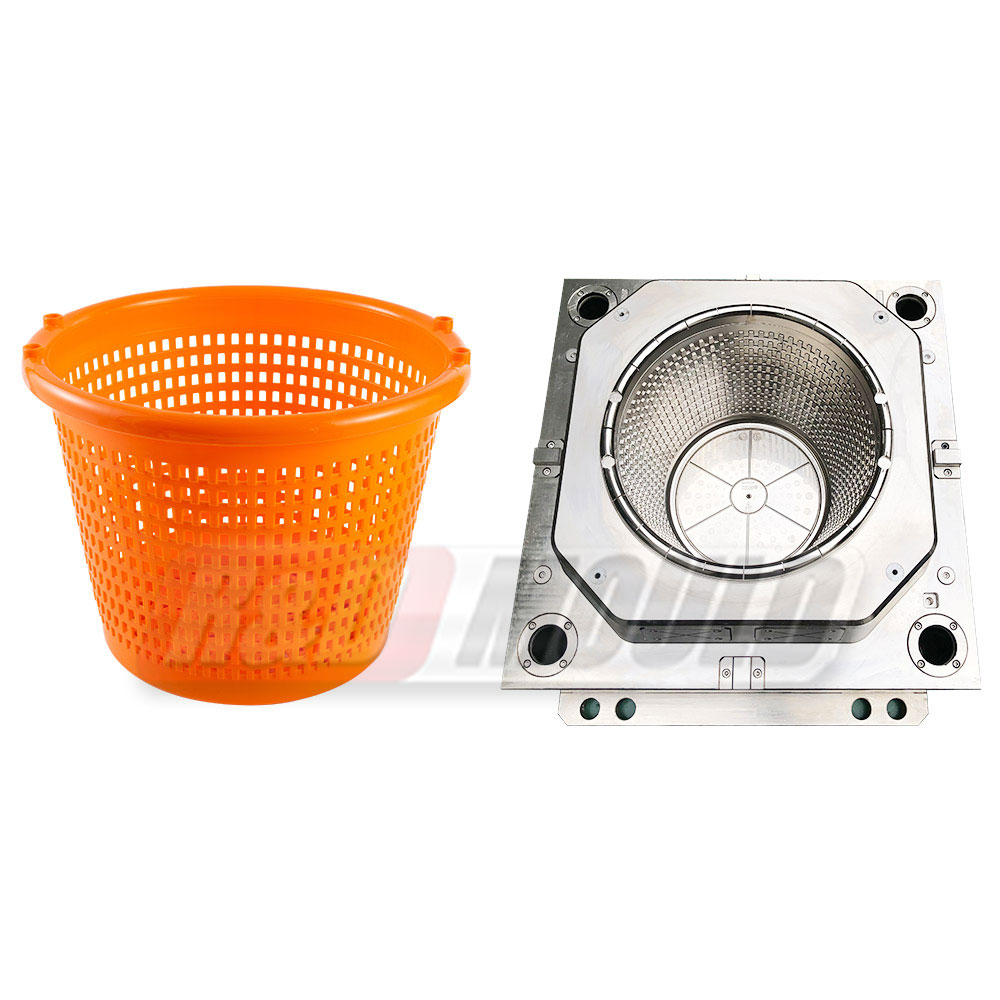In the plastics and packaging industry, one of the frequently discussed topics is the Crate Mold. Many companies that deal with logistics, storage, and transportation rely on plastic crates every day, and these products are made possible through high-quality molding technology. To help readers better understand this subject, here are some of the most common questions about Crate Mold and their answers.
What is a Crate Mold?
A Crate Mold is a specialized injection mold designed to produce plastic crates used in logistics, storage, agriculture, and beverage industries. Through the injection molding process, molten plastic is injected into the mold cavity, cooled, and solidified to form a durable crate. The Crate Mold determines the size, strength, and surface quality of the final product. For example, a mold for a beverage crate will include design features such as reinforced corners and handle grips, while a logistics crate mold may focus on stackability and uniform dimensions. Without a Crate Mold, it would not be possible to mass-produce standardized crates with consistent quality.
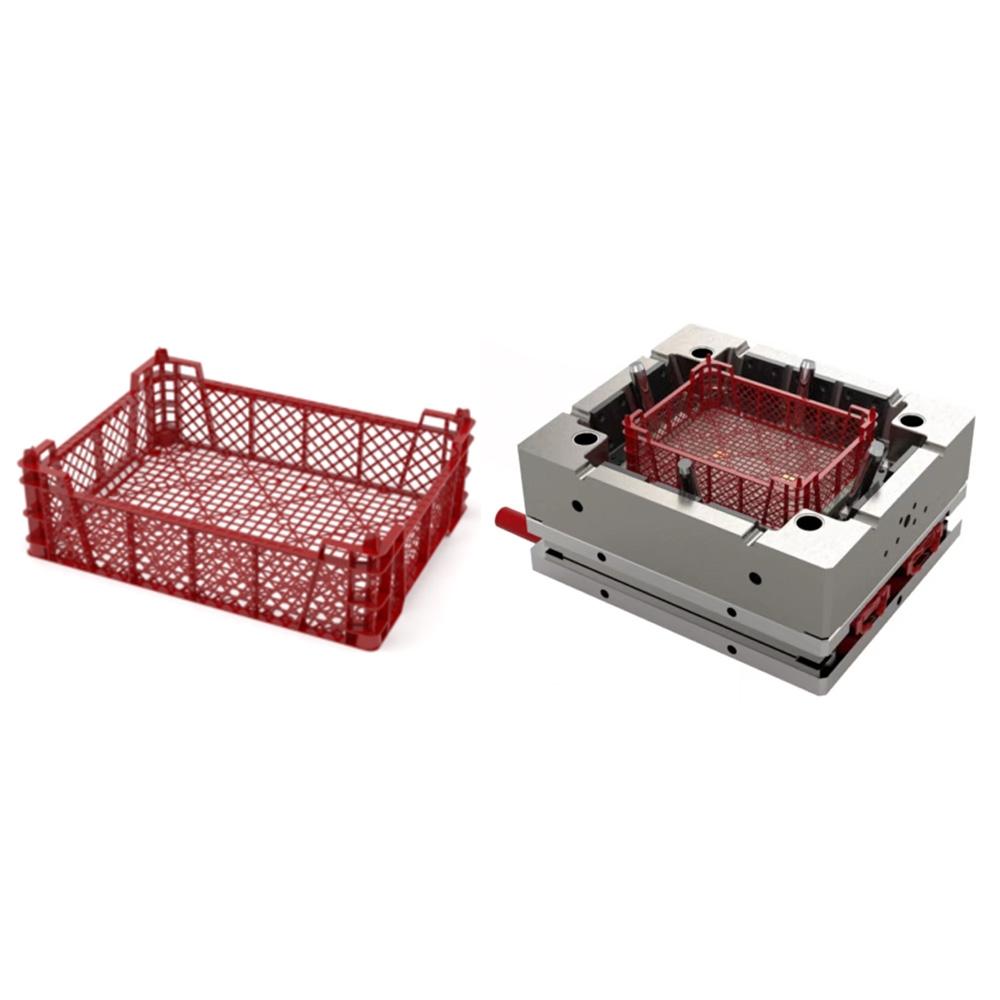
What materials are commonly used for crate molds?
When discussing the Crate Mold, two types of materials are typically considered: the steel used for the mold itself and the plastic resins used for the crates.
Mold Materials: A Crate Mold is usually manufactured from high-quality steel, such as P20, 718, or H13, which are known for their durability, resistance to wear, and ability to withstand repeated injection cycles. The choice of steel influences both the lifespan of the Crate Mold and the quality of the final product.
Plastic Materials: The crates produced by a Crate Mold are most often made from polypropylene (PP) or high-density polyethylene (HDPE). These plastics are valued for their impact resistance, lightweight properties, and recyclability. In some cases, recycled materials can also be used, provided that the mold design supports consistent flow and cooling.
This combination of strong steel for the mold and versatile plastics for the product ensures that the Crate Mold can deliver durable crates that meet industrial requirements.
What types of crates can be produced with a crate mold?
A Crate Mold can be adapted to create a wide range of plastic crates, depending on the needs of the industry. Some of the most common types include
- Foldable Crates: These are designed to save space during return transport and storage. A foldable crate mold includes hinges and locking systems.
- Logistics Crates: Widely used in supply chains, these crates are stackable, uniform in size, and designed for repeated handling.
- Beverage Crates: Used for bottles and cans, these crates require strong handles and reinforced structures.
- Agricultural Crates: Designed with ventilation slots, these crates are ideal for fruits, vegetables, and other produce.
- Industrial Storage Crates: Heavy-duty designs that can hold machinery parts or tools.
The versatility of a Crate Mold means that manufacturers can create different designs by adjusting the cavity structure, inserts, and surface finishing. Whether the requirement is for lightweight foldable crates or heavy-duty industrial boxes, the Crate Mold provides a reliable solution.
The role of the Crate Mold in modern manufacturing cannot be overstated. From defining the durability of a beverage crate to enabling the space-saving features of a foldable box, every crate begins with a precisely engineered mold. By selecting the right mold materials, working with reliable manufacturers, and understanding the design requirements for different crate types, companies can ensure efficient production and consistent quality.
For businesses in logistics, agriculture, retail, and food and beverage industries, knowing the basics of the Crate Mold is essential. It is not just a tool for shaping plastic; it is the foundation of a reliable supply chain.





 English
English عربى
عربى Español
Español Français
Français